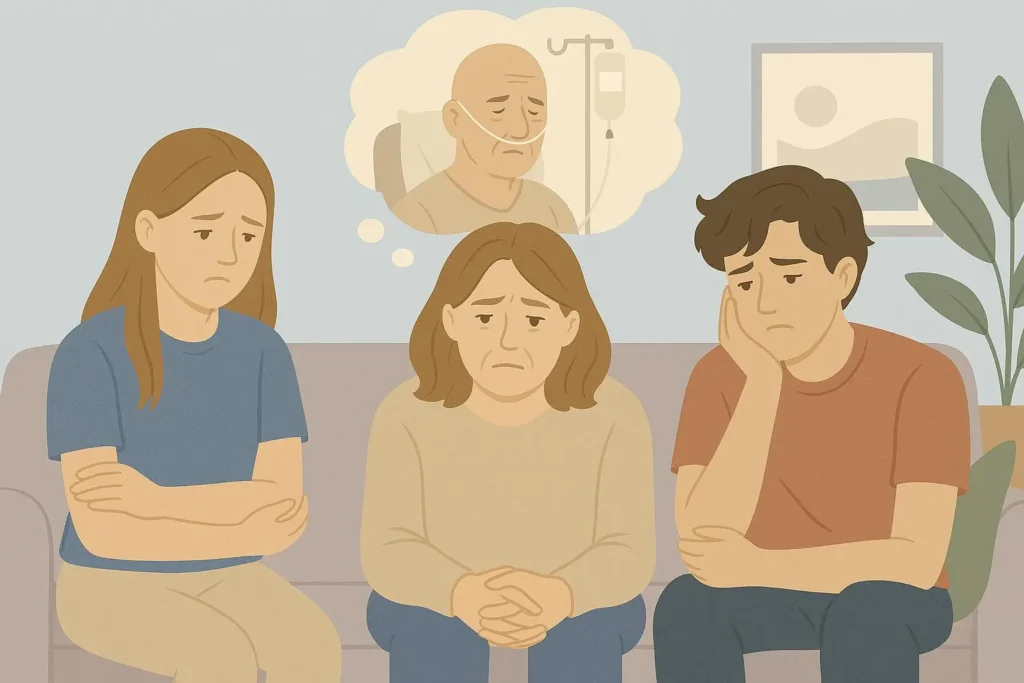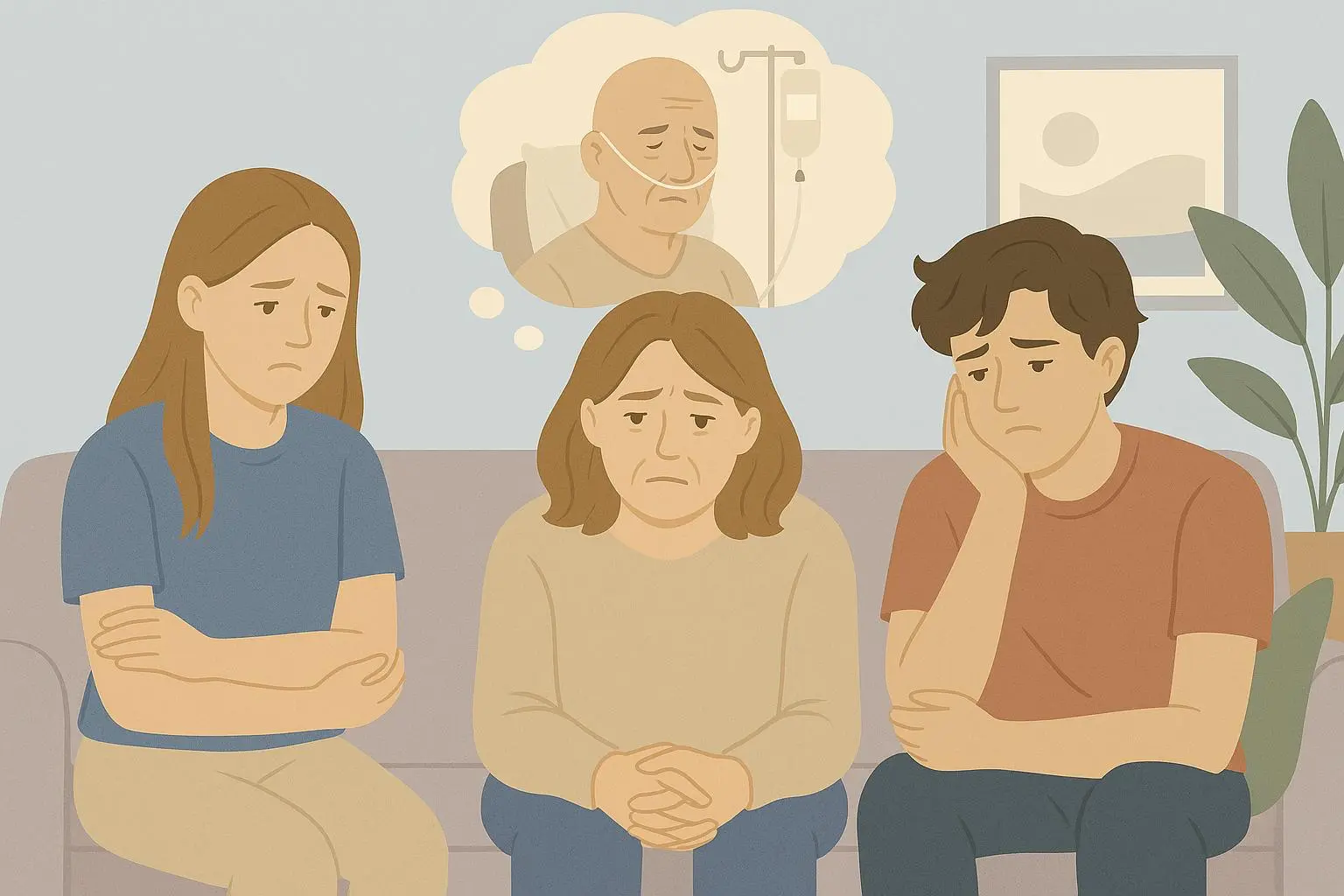

When a loved one is diagnosed with cancer, it doesn’t just impact the individual facing the illness; it affects the entire family. As a caregiver, you take on the emotional, physical, and mental responsibilities of supporting someone through their cancer journey. While your role is critical, it can also be incredibly taxing. The mental health of caregivers is often overlooked, but it is essential for both the caregiver and the person they are caring for to prioritize emotional well-being.
At Behr Psychology, we understand the challenges families face during cancer treatment. Our goal is to provide resources and support for caregivers, ensuring they receive the mental health care they need to manage stress, avoid burnout, and continue to be a source of strength for their loved ones.
Caregiving can be emotionally overwhelming. The constant worry about your loved one’s health, the stress of managing appointments, and the demands of caregiving can lead to feelings of anxiety, sadness, and even depression. It’s common for caregivers to feel isolated and unsupported, especially if they lack a strong support network or have limited time to care for their own mental well-being.
Research shows that caregivers are at a higher risk of developing mental health issues, including anxiety, depression, and post-traumatic stress disorder (PTSD). These feelings can intensify over time, particularly if the caregiver is experiencing chronic stress and burnout.
Caregivers often put their own needs aside to prioritize the person they are caring for. While this selflessness is admirable, it can also lead to neglecting one’s own health. If you’re a caregiver, it’s important to recognize the signs of stress and burnout early on. Some common symptoms of caregiver stress include:
One of the most important things caregivers can do is practice self-care. Taking care of your own mental health and physical well-being isn’t selfish; it’s essential to continue being an effective caregiver. When you are feeling your best, you’re in a stronger position to provide the care and support your loved one needs.
Set boundaries. Understand that it’s okay to say no when you feel overwhelmed. If possible, share caregiving responsibilities with other family members or ask for help from friends or a professional caregiver. Take breaks, even if it’s just a few minutes each day, take time for yourself to rest and recharge. Seek support and talk with others who understand what you’re going through. Support groups, therapy, or even close friends can be a great outlet to express your feelings and gain emotional support. Don’t forget to stay active, as regular physical activity can help reduce stress, improve sleep, and boost your mood.
Therapy can offer valuable support to caregivers, helping them cope with the emotional and psychological burdens of caregiving. Therapy provides a safe space to process difficult emotions, address feelings of guilt or anxiety, and develop healthier coping mechanisms. Cognitive-behavioral therapy (CBT) is a common therapeutic approach that can be effective for caregivers.
A strong support system is also crucial for caregivers. Connecting with others who understand the challenges you’re facing can provide emotional relief. Consider reaching out to local or online support groups specifically for caregivers of individuals with cancer. Sharing experiences, advice, and even a little humor can lighten the load and remind you that you are not alone.
Family and friends can also play an essential role in supporting caregivers. If you’re caring for someone with cancer, don’t hesitate to ask for help or delegate certain tasks to others in your family or community. It’s not a sign of weakness—it’s a sign of strength to recognize when you need support.
Caregiving for a loved one with cancer can be a deeply fulfilling but emotionally demanding experience. It’s essential to prioritize your mental health throughout this journey. By recognizing the signs of caregiver stress, practicing self-care, and seeking support from a psychologist, you can reduce the emotional toll of caregiving and continue to provide meaningful support for your loved one.
If you’re struggling with caregiver stress, don’t hesitate to reach out to Behr Psychology. Our compassionate team is here to help you navigate this challenging time with the emotional support you need.